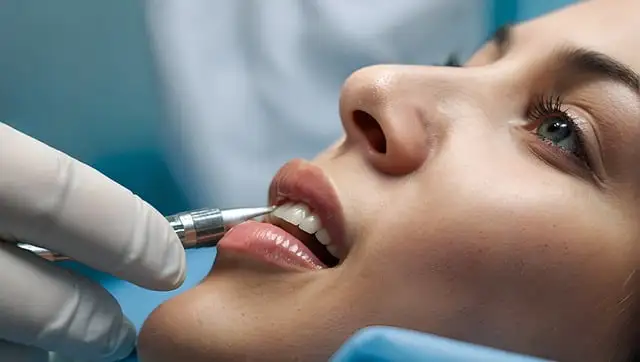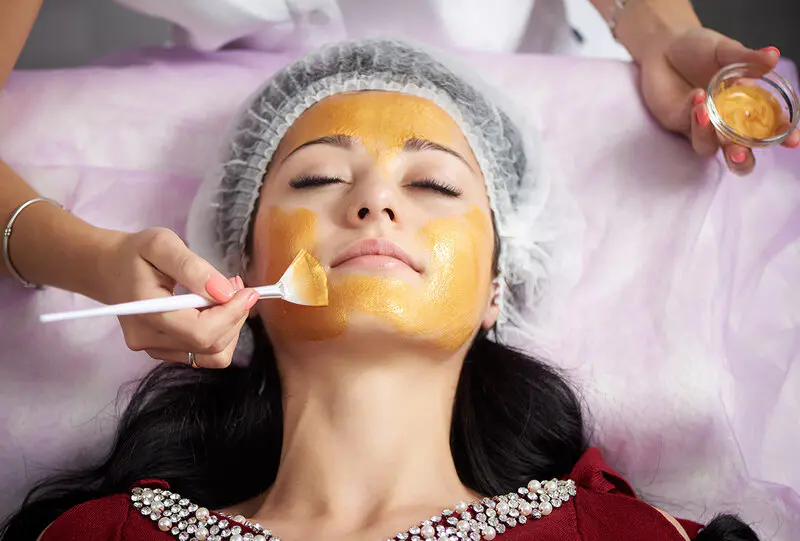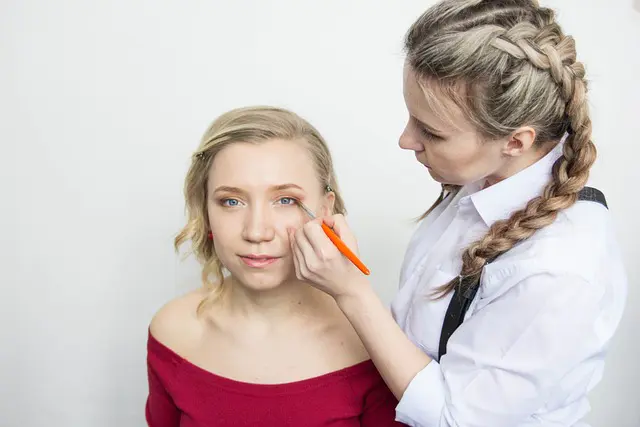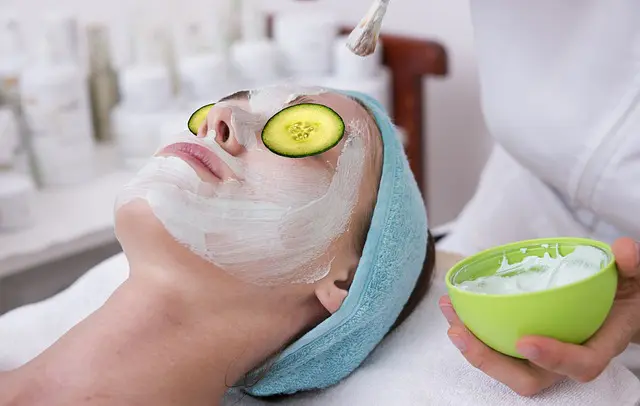The Vital Role of Sleep in Skincare: Unlocking Radiant Beauty Through Rest
While the significance of sleep for overall health is widely acknowledged, its crucial impact on skin health is often overlooked. The term "beauty sleep" is not just a catchy phrase; it is grounded in scientific reality. Adequate sleep is indispensable for skin repair and revitalization, resulting in a youthful, luminous complexion and a clear skin tone.
This article delves into the scientific underpinnings of sleep's influence on skin health, the advantages of restful sleep for your beauty regimen, and strategies to optimize your sleep for improved skin health. Gaining insight into the link between sleep and skincare can inspire you to prioritize rest and enhance your skin's natural radiance.
1. The Link Between Sleep and Skin Rejuvenation
Sleep is the body's time for recuperation and repair, with the skin being no exception. Throughout the night, the body experiences various restorative sleep phases, each contributing uniquely to skin health. Deep sleep and REM sleep are particularly important for the skin's capacity to regenerate.
1.1 The Impact of Growth Hormone on Skin Rejuvenation
During deep sleep, the body's production of growth hormones, which are essential for tissue growth and repair, including the renewal of skin cells, reaches its zenith. This process is vital for preserving a youthful appearance and minimizing the signs of aging. Growth hormones facilitate the regeneration of skin cells, replacing damaged ones, and enhancing skin texture, reducing the visibility of fine lines and wrinkles, and promoting an even skin tone. Sleep, therefore, serves as a natural mechanism for skin restoration, countering daily environmental stressors, UV damage, and pollution.
1.2 Repairing Skin Damage
The skin faces numerous external challenges daily, such as sun exposure and pollution, leading to inflammation, oxidative stress, and premature aging. Sleep enhances blood circulation to the skin and stimulates collagen production, aiding in damage repair. Collagen, a protein that provides structure, firmness, and elasticity to the skin, is supported by adequate sleep, keeping the skin plump, smooth, and youthful. Sleep also improves the skin's moisture retention, leading to improved hydration and a healthy glow by morning. 2. Sleep and Skin Conditions: The Rest's Influence on Skin Appearance
Beyond the general skin repair benefits of sleep, restful sleep is essential in preventing and managing skin conditions like acne, eczema, and dry skin.
2.1 Acne and Pimples
Insufficient sleep can increase stress hormones, such as cortisol, which can trigger acne breakouts. High cortisol levels are associated with inflammation, sebum production, and clogged pores, all contributing to acne development. Sufficient sleep regulates cortisol levels, reduces stress, and balances hormones, preventing breakouts and promoting clearer skin.
2.2 Dry Skin and Hydration
Inadequate sleep can lead to skin dehydration. Sleep is necessary for repairing the skin's moisture barrier, preventing water loss, and maintaining hydration. Chronic sleep deprivation can disrupt this process, resulting in dry, flaky, and dull skin. Sufficient sleep maintains the skin's natural moisture balance and supports self-repair, leading to softer, more supple skin by morning.
2.3 Eczema and Inflammation
Inflammatory skin conditions like eczema can worsen with poor sleep. Poor sleep quality increases systemic inflammation, exacerbating symptoms of eczema and other inflammatory conditions. Restorative sleep helps reduce inflammation and supports the healing of inflamed or irritated skin. Prioritizing sleep can lead to reduced flare-ups and improved skin comfort for those with chronic skin conditions. 3. Sleep, Aging, and Skin Longevity
As we age, our skin undergoes natural changes, including decreased collagen production, loss of elasticity, and the emergence of fine lines and wrinkles. Ensuring adequate, high-quality sleep is one of the best ways to combat premature aging and maintain youthful-looking skin.
3.1 Collagen Production and Wrinkle Reduction
Collagen, the skin's structural foundation, slows down with age. Sleep boosts collagen levels, helping to keep the skin firm and










